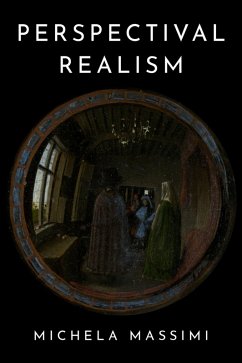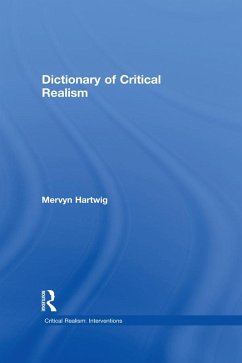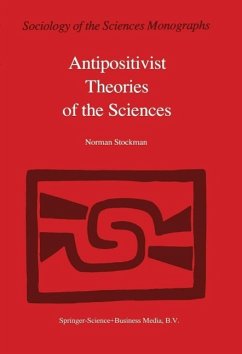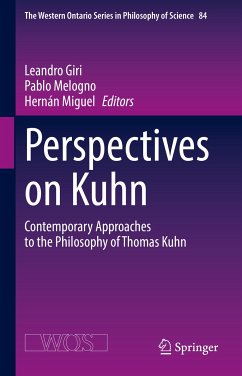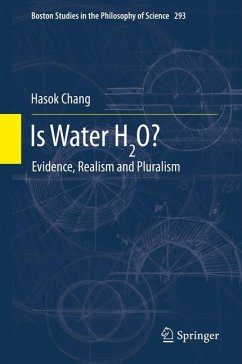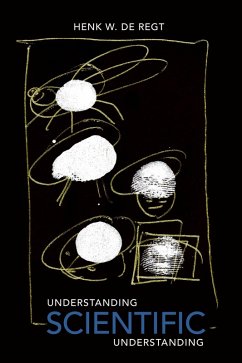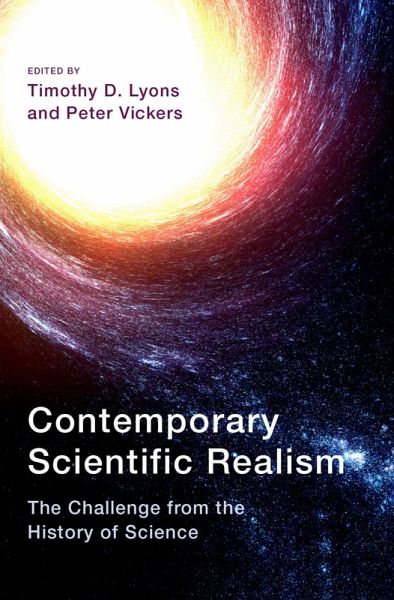
Contemporary Scientific Realism (eBook, PDF)
The Challenge from the History of Science
Redaktion: Lyons, Timothy D.; Vickers, Peter
Versandkostenfrei!
Sofort per Download lieferbar
42,95 €
inkl. MwSt.
Weitere Ausgaben:

PAYBACK Punkte
21 °P sammeln!
Scientific realists claim we can justifiably believe that science is getting at the truth. However, they have faced historical challenges: various episodes across history appear to demonstrate that even strongly supported scientific theories can be overturned and left behind. In response, realists have developed new positions and arguments. As a result of specific challenges from the history of science, and realist responses, we find ourselves with an ever-increasing dataset bearing on the (possible) relationship between science and truth. The present volume introduces new historical cases imp...
Scientific realists claim we can justifiably believe that science is getting at the truth. However, they have faced historical challenges: various episodes across history appear to demonstrate that even strongly supported scientific theories can be overturned and left behind. In response, realists have developed new positions and arguments. As a result of specific challenges from the history of science, and realist responses, we find ourselves with an ever-increasing dataset bearing on the (possible) relationship between science and truth. The present volume introduces new historical cases impacting the debate and advances the discussion of cases that have only very recently been introduced. At the same time, shifts in philosophical positions affect the very kind of case study that is relevant. Thus, the historical work must proceed hand in hand with philosophical analysis of the different positions and arguments in play. It is with this in mind that the volume is divided into two sections, entitled "Historical Cases for the Debate" and "Contemporary Scientific Realism." All sides agree that historical cases are informative with regard to how, or whether, science connects with truth. Defying proclamations as early as the 1980s announcing the death knell of the scientific realism debate, here is that rare thing: a philosophical debate making steady and definite progress. Moreover, the progress it is making concerns one of humanity's most profound and important questions: the relationship between science and truth, or, put more boldly, the epistemic relation between humankind and the reality in which we find ourselves.
Dieser Download kann aus rechtlichen Gründen nur mit Rechnungsadresse in A, B, BG, CY, CZ, D, DK, EW, E, FIN, F, GR, HR, H, IRL, I, LT, L, LR, M, NL, PL, P, R, S, SLO, SK ausgeliefert werden.




